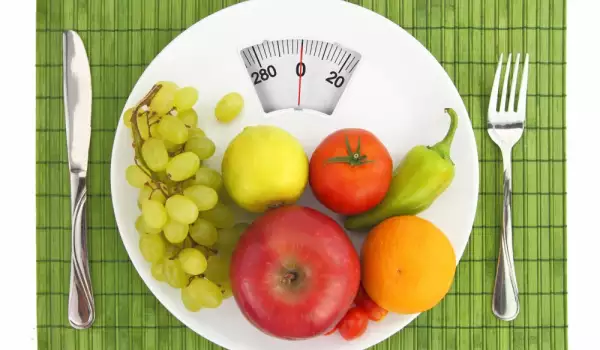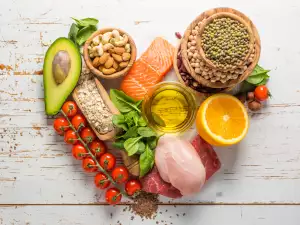Many people suffer from so-called "ravenous hunger", which is linked to excessive eating. These are predominantly persons who lead a sedentary lifestyle or those that in their hectic daily life cannot find enough time to enjoy their food.
These also include people who do not adhere to any kind of food regime and often eat just once or twice daily. This inevitably leads to extreme hunger and as a result the person begins to stuff themselves.
Excessive eating is something we see during the holidays as well. It has practically become tradition to prepare heavy and fatty meats garnished with potato salads around Christmas. Even the desserts are hefty - baklava, tulumbas, holiday cakes and other pastries.
But excessive eating hides a number of potential health risks. Here are just some of them:
- Eating too much raises acid levels in the stomach, creating an exceptionally suitable environment for a number of inflammations.

- Excessive eating burdens the digestive system and creates a feeling of heaviness, bloated stomach, sometimes even nausea.
- Excessive eating puts a strain on the liver, while overeating fatty products conceals a risk of steatosis (a fattening of the liver which leads to its inadequate function).
- Overeating during the holidays, parties and so on can easily lead to acute urinary retention.
- Excessive eating leads to gallbladder attacks, pancreatitis and gout.
- Frequently switching between days of excessive eating and days where you barely eat anything at all is a prerequisite for fatty degeneration.
Summing up everything listed up to this point it becomes clear that excessive eating not only leads to weight gain and obesity but to serious health problems as well.
The best way to overcome your ravenous hunger is to force yourself to eat regularly (3-4 times a day), consume your food slowly in order to enjoy it, choose foods lower in calories, have the meals consist of smaller portions and drink plenty of water and other liquids to satiate your appetite to some degree.




















Comments